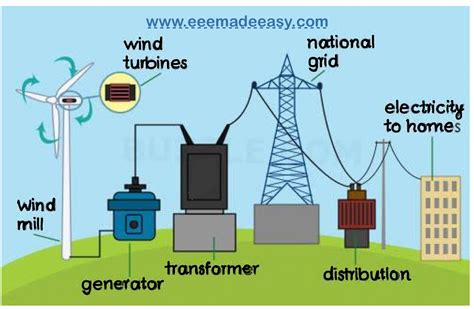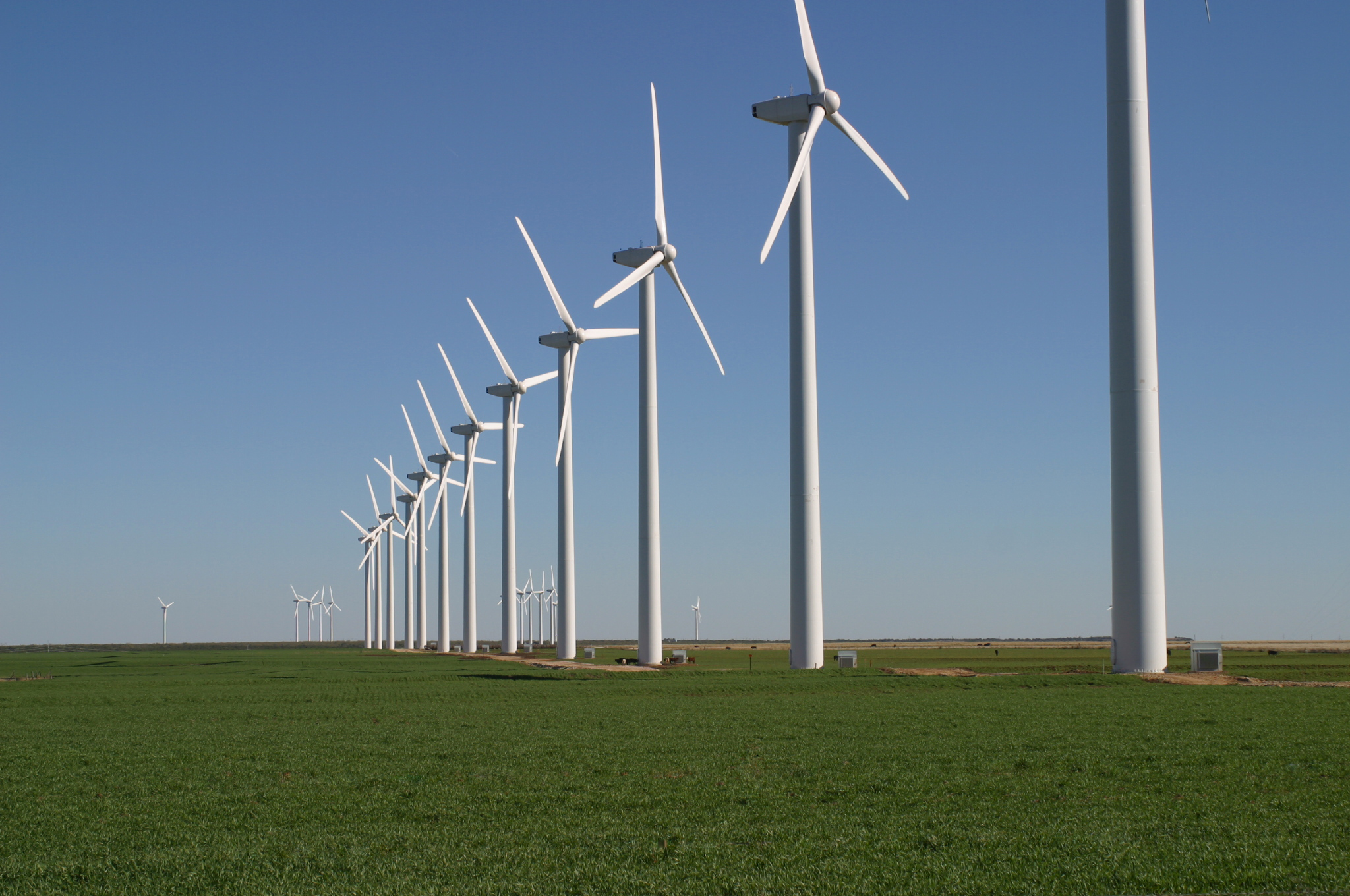Power generators are a crucial part of our daily lives, providing electricity to homes, businesses, and industries. With the increasing demand for electricity, power generators have become an essential component of our energy infrastructure. But have you ever wondered how power generators work? In this article, we will explore the different types of power generators and explain the principles behind their operation. We will also discuss the advantages and disadvantages of each type, as well as their applications in various industries.
Key Points
- Power generators work by converting mechanical energy into electrical energy using electromagnetic induction.
- There are several types of power generators, including diesel generators, gas generators, solar generators, wind generators, and hydro generators.
- Each type of generator has its own advantages and disadvantages, and is suited for specific applications.
- Power generators are used in a variety of industries, including construction, mining, and healthcare.
- Regular maintenance is essential to ensure the efficient and safe operation of power generators.
Types of Power Generators
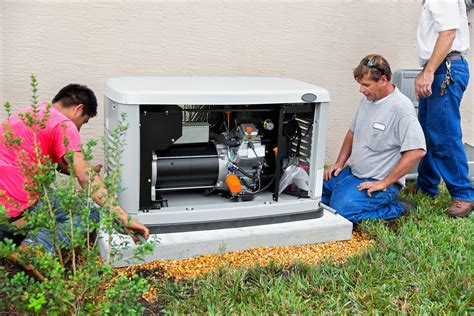
There are several types of power generators, each with its own unique characteristics and applications. The most common types of power generators include diesel generators, gas generators, solar generators, wind generators, and hydro generators. In this section, we will explore each of these types in more detail, discussing their principles of operation, advantages, and disadvantages.
Diesel Generators
Diesel generators are one of the most common types of power generators. They work by using a diesel engine to drive an alternator, which converts the mechanical energy of the engine into electrical energy. Diesel generators are widely used in construction, mining, and other industries where a reliable source of power is required. They are also commonly used as backup power sources in hospitals, data centers, and other critical infrastructure.
The advantages of diesel generators include their high power output, reliability, and relatively low operating costs. However, they also have some disadvantages, including their high upfront costs, noise pollution, and environmental impact. Diesel generators require regular maintenance to ensure their efficient and safe operation, including oil changes, filter replacements, and spark plug maintenance.
| Generator Type | Power Output | Fuel Efficiency |
|---|---|---|
| Diesel Generator | 10-2000 kW | 20-40% efficient |
| Gas Generator | 5-1000 kW | 25-40% efficient |
| Solar Generator | 1-100 kW | 15-20% efficient |
| Wind Generator | 1-5 MW | 45-50% efficient |
| Hydro Generator | 1-1000 MW | 90-95% efficient |
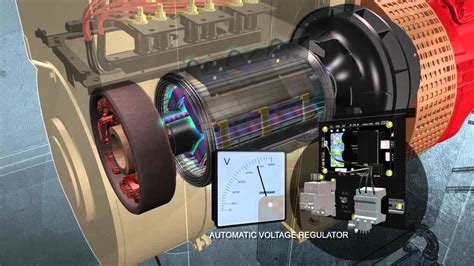
Gas Generators
Gas generators are another type of power generator that uses a gas engine to drive an alternator. They are similar to diesel generators but use natural gas or propane as fuel instead of diesel. Gas generators are widely used in industries where a reliable source of power is required, such as healthcare, finance, and telecommunications.
The advantages of gas generators include their high power output, reliability, and relatively low operating costs. They also produce fewer emissions than diesel generators, making them a more environmentally friendly option. However, they also have some disadvantages, including their high upfront costs, noise pollution, and dependence on a reliable gas supply.
Principles of Operation
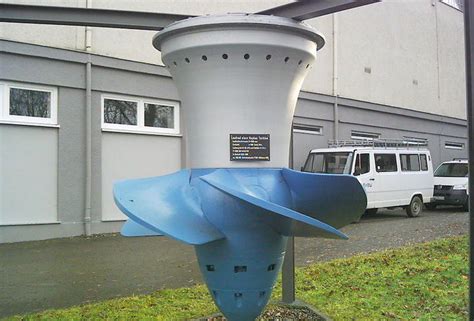
Power generators work by converting mechanical energy into electrical energy using electromagnetic induction. The process involves the rotation of a magnetic field, which induces an electrical current in a conductor. The generator consists of a rotor, stator, and alternator, which work together to produce the electrical energy.
The rotor is the moving part of the generator, which is connected to the engine or turbine. The stator is the stationary part, which is connected to the alternator. The alternator is the component that converts the mechanical energy of the rotor into electrical energy. The electrical energy is then transmitted to the load, such as a home, business, or industry.
Solar Generators
Solar generators are a type of power generator that uses solar panels to convert sunlight into electrical energy. They are a popular choice for residential and commercial applications, as they are environmentally friendly and can save on energy costs. Solar generators work by using photovoltaic cells to convert sunlight into direct current (DC) electricity, which is then converted to alternating current (AC) electricity using an inverter.
The advantages of solar generators include their zero emissions, low operating costs, and reliability. However, they also have some disadvantages, including their high upfront costs, intermittent energy supply, and dependence on sunlight. Solar generators require regular maintenance to ensure their efficient and safe operation, including cleaning the solar panels and checking the inverter.
Applications and Maintenance
Power generators are used in a variety of industries, including construction, mining, healthcare, and finance. They are also used as backup power sources in critical infrastructure, such as hospitals, data centers, and telecommunications networks. Regular maintenance is essential to ensure the efficient and safe operation of power generators, including oil changes, filter replacements, and spark plug maintenance.
The maintenance requirements for power generators vary depending on the type and application. Diesel generators require regular oil changes, filter replacements, and spark plug maintenance, while gas generators require regular filter replacements and spark plug maintenance. Solar generators require regular cleaning of the solar panels and checking of the inverter.
What is the most common type of power generator?
+The most common type of power generator is the diesel generator, which is widely used in construction, mining, and other industries.
How do solar generators work?
+Solar generators work by using solar panels to convert sunlight into electrical energy, which is then converted to alternating current (AC) electricity using an inverter.
What is the advantage of using a gas generator?
+The advantage of using a gas generator is that it produces fewer emissions than a diesel generator, making it a more environmentally friendly option.
In conclusion, power generators are an essential component of our energy infrastructure, providing electricity to homes, businesses, and industries. There are several types of power generators, each with its own unique characteristics and applications. Regular maintenance is essential to ensure the efficient and safe operation of power generators, and it’s essential to consider the environmental impact and noise pollution when selecting a generator for your specific application. By understanding the principles of operation and maintenance requirements of power generators, we can ensure a reliable and efficient source of power for our daily needs.
